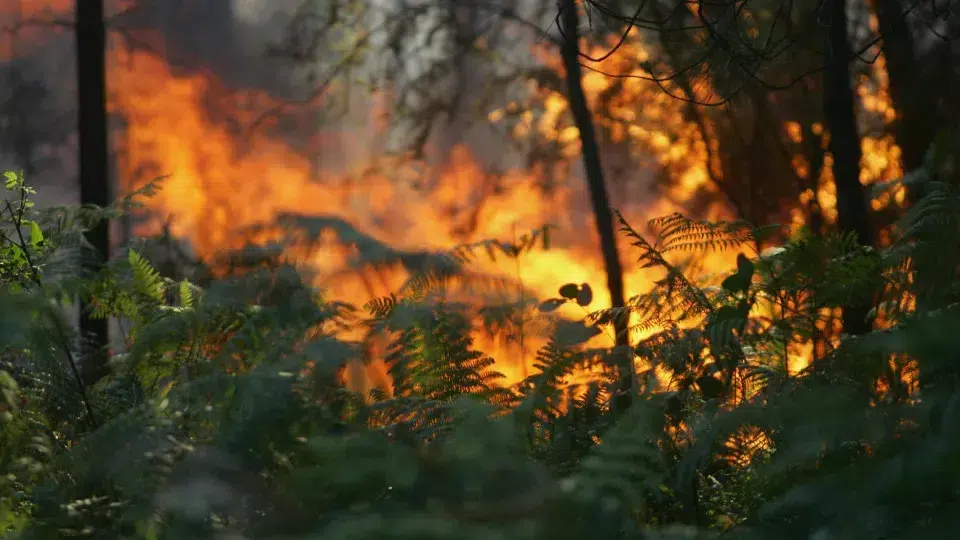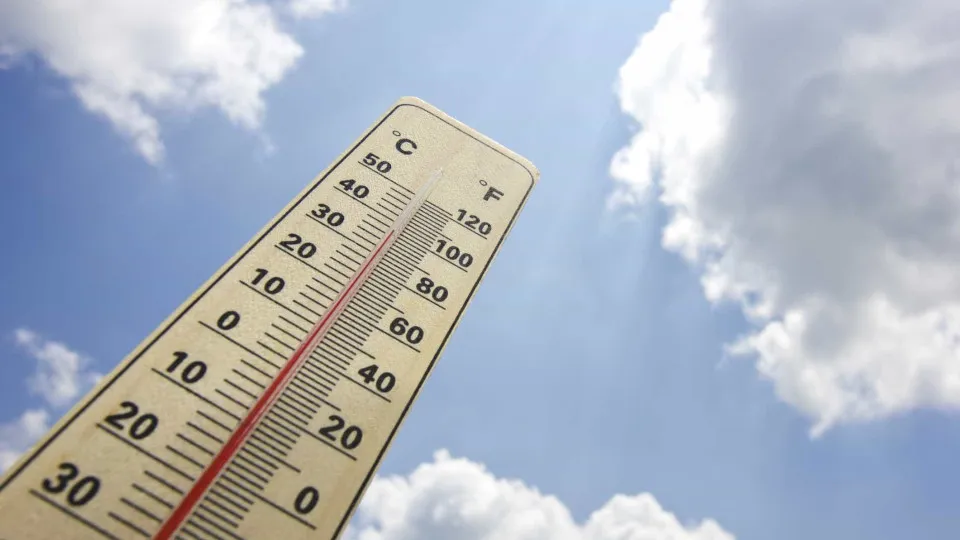
A decree recently enacted outlines emergency stabilization measures to be integrated into program contracts, which may include the “cutting and removal of burnt arboreal and shrub vegetation when recovery is deemed unlikely,” controlling “woody invasive species,” “restoration and treatment of road networks,” and “arranging forest debris along contour lines.”
Other measures involve “selective tree felling supported by stumps,” mulching of residues distributed in bands according to contour lines, “seeding for soil stabilization or to enhance wildlife nutrition,” the “construction of small runoff correction works in temporary watercourses,” the “installation of shelters, water troughs, and feeders for wildlife,” “replacement of damaged hunting and fishing signs,” or “interventions in water lines and protection of public water supplies.”
Longer-term structural measures can extend up to three years post-fire, focusing on rehabilitation and ecological restoration and may cover “watershed protection,” “watercourse recovery,” “soil conservation,” or “restoration of fauna and flora.”
It also includes “control of woody invasive species,” “ecological restoration, reforestation,” “ecosystem monitoring,” or “recovery of affected structures.”
“With regards to both emergency stabilization measures and more structural, medium-term measures, other technically appropriate types may additionally be eligible,” the decree states.
Environment and Energy Minister Maria da Graça Carvalho stated today that the decree stipulates that for each national protected area impacted by “major fires,” a program contract titled ‘Resilient Territories’ will be established between the Climate Agency, which coordinates the Environmental Fund, with the Institute for Nature Conservation and Forests (ICNF), the Portuguese Environment Agency (APA), co-management commissions, local mayors, and, when necessary, involving the Regional Coordination and Development Commissions (CCDR).
Maria da Graça Carvalho spoke in Gerês after visiting areas affected by the fire that consumed the municipality of Ponte da Barca in the district of Viana do Castelo, extending into the neighboring municipality of Teras de Bouro in the district of Braga.
Mainland Portugal has faced multiple large rural fires since July, particularly in the North and Central regions.
The fires resulted in four fatalities, including one firefighter, several injuries, and destruction of primary and secondary residences, as well as agricultural, livestock operations, and forest areas.
According to provisional official data, approximately 252,000 hectares have burned in the country as of August 29.




